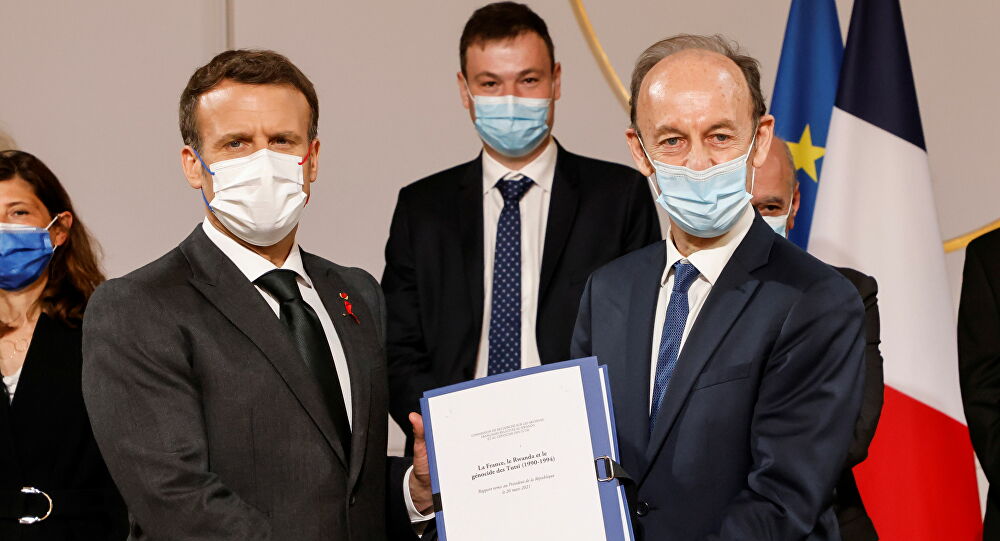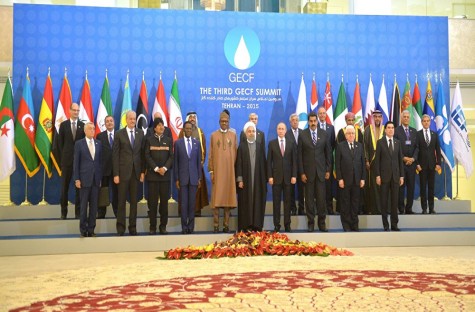The US shows great effort for the normalization of relations between Turkey and Armenia; in fact, Turkey, contrary to Armenia, seems to be more willing for this normalization. During Foreign Minister Hillary Clinton’s visit to Armenia at the beginning of this month, after emphasizing the importance the US attaches to this normalization, by saying that the protocols signed between the two countries should be ratified without any preconditions and that there is no link between the protocols and negotiations on Karabakh, Clinton had supported Armenia’s stance. As could be recalled, after lengthy negotiations, Turkey and Armenia had signed two protocols in Zurich on 10 October 2009, one which establishes diplomatic relations between the two countries and the other which develops their cooperation. However, as a result of Turkey linking the implementation of these protocols to significant developments taking place in the Karabakh issue and Armenia seeking to change the meaning of some of the articles of the protocols through the Constitutional Court, the Protocols have failed to be ratified and implemented. While the US, the EU and to some extent the Russian Federation minimized Armenia’s stance of changing the meaning of the Protocols, they rejected Turkey linking these documents to the Karabakh conflict and by doing so, they have prevented an important new element from developing which could facilitate the settlement of the Karabakh conflict. It has been observed that over time, the EU and Russia did not attach much importance to the ratification of the protocols, whereas the US’s interest on this issue had increased especially this year. Mrs. Clinton has tried to explain this interest during her visit to Armenia by saying that both countries will benefit from opening the borders, conducting trade with each other and increasing contacts between people. Without doubt these are good wishes, however, Turkey establishing normal relations with Armenia and opening the border by ignoring that a significant part of Azeri territory have been occupied by Armenia and approximately a million Azerbaijanis have abandoned these territories will only be to Armenia’s advantage. Such a development will not only leave Azerbaijan alone against Armenia, but will also cause negative developments between Turkey and Azerbaijan and also create the conviction among the Azerbaijanis and most of the Turkish public opinion that Turkey has favored Armenia over the Azerbaijanis. However, the US fails to see these drawbacks or disregards them and states at every opportunity that Turkey should ratify the protocols without preconditions. Lastly, in an interview delivered to a Turkish newspaper, US Ambassador to Yerevan John A. Heffern noted that there are three ways of normalizing relations between Turkey and Armenia. These are the ratification and implementation of the Protocols, opening the Kars-Gyumri railroad to service which is not used due to the border remaining closed, and journalists, students and businessmen from both countries making contacts. Let us immediately note that with the encouragement and even finance of the US, rather intensive contacts have taken place between the journalists, students and businessmen of both countries. However, although these kinds of contacts create no harm, they also do not have any significant benefit in a situation where serious problems exist in the political field. Opening of the Kars-Gyumri railroad is a new proposal. However, since opening this railroad to service will cause the transport of passengers and goods, it will mean that the Turkey-Armenia border will be opened de facto. In other words, opening of the Turkish border which is Armenia’s greatest request will be fulfilled before the implementation of the protocols. It is unclear how this “by-pass” operation will benefit Turkey. On the other hand, Turkey, Azerbaijan and Georgia are constructing a railroad from Kars to the city of Ahalkelek of Georgia which will be opened next year. Turkey will be using this railroad for its transport to the Caucasus and beyond. The US Ambassador in Yerevan have noted these proposals by putting emphasis on 2015, which is the 100th anniversary of the genocide allegations and the year in which Armenia and the Diaspora are planning on organizing some activities for Turkey to recognize these allegations. By expressing that this year is a good opportunity to bring the two countries together, he has said that a win-win situation should develop for both countries and not a situation where one country will lose and the other will win. These quite vague statements of the Ambassador maybe means that if Turkey-Armenia relations are normalized and the border is opened, then the activities planned on being carried out in 2015 against Turkey will be cancelled or will decrease. We believe that Armenia, which has undertaken some commitments for 2015 towards its public opinion and the Diaspora, will not be willing to abandon these activities and will also not be able to influence the Diaspora. In conclusion, it is our opinion that achieving the normalization of Turkey-Armenia relations is quite difficult for the time being. Instead, also taking Azerbaijan-Armenia issues into consideration and attempting to resolve the problems of the three countries together or in parallel processes seem more possible, especially after the Armenian presidential elections.
© 2009-2025 Center for Eurasian Studies (AVİM) All Rights Reserved
CHURCH PROPERTIES AND THE AMERICAN CONGRESS
THE DRAFT RESOLUTION IN THE US REGARDING THE CHURCHES AND PROPERTIES IN TURKEY AND THE TURKISH REPUBLIC OF NORTHERN CYPRUS
 AGOS’S CHANGING EDITORIAL POLICY - 2
AGOS’S CHANGING EDITORIAL POLICY - 2
TURKEY AND THE RUSSIAN BASE IN GYUMRI
 FRANCE HAS BEGUN TO SHED SOME FACTUAL LIGHT ON ITS ACTIONS IN RWANDA
FRANCE HAS BEGUN TO SHED SOME FACTUAL LIGHT ON ITS ACTIONS IN RWANDA
 THIRD GAS SUMMIT OF THE GAS EXPORTING COUNTRIES FORUM
THIRD GAS SUMMIT OF THE GAS EXPORTING COUNTRIES FORUM
 IS THE RISE IN GLOBAL LNG SUPPLY AN OPPORTUNITY FOR TÜRKİYE?
IS THE RISE IN GLOBAL LNG SUPPLY AN OPPORTUNITY FOR TÜRKİYE?




























